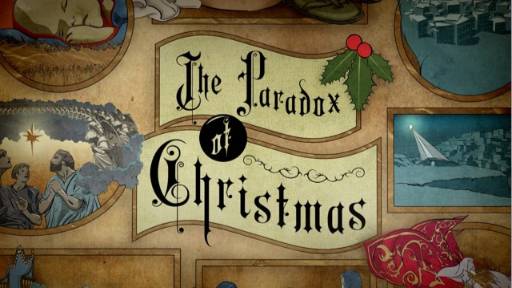-
The Shack Heresy
Contributed by Les Puryear on Nov 28, 2017 (message contributor)
Summary: This sermon examines some of the theological problems with the book and movie "The Shack."
"The Shack"
Sermon Manuscript by Rev. Leslie Puryear
Bethany Baptist Church, Gulf, NC
March 5, 2017
2 Peter 2:1 – “But there were also false prophets among the people, even as there will be false teachers among you, who will secretly bring in destructive heresies, even denying the Lord who bought them, and bring on themselves swift destruction. And many will follow their destructive ways, because of whom the way of truth will be blasphemed.”
This verse refers to two things that are used by false prophets and teachers in an attempt to destroy the church by promoting false beliefs. Those two things are “heresies” and blaspheme.”
As used in this verse, what is a ‘heresy”? Well, a “heresy” is defined in the Greek as “self chosen beliefs not coming from God.” What about “blaspheme.” What does it mean to “blaspheme”? To “blaspheme” is defined the Greek as “anything spoken or written that insults God or Christ.” Today, I sense the need to examine a book, which is, according to these definitions, both heretical and blasphemous.
The book is entitled, “The Shack, which was written by W. P. Young, a man who grew up as a son of missionaries. This book was published in 2007, and to date, has sold more than 20 million copies and was on the New York Times best-seller list for 49 weeks. And this past Friday, a movie was released based on the book.
This book has been highly controversial. Many readers have embraced it and many have demonized it. What’s all the fuss about this book and movie called “The Shack”? That’s what I want to talk about this morning.
The theme of this book is, “Where is God in a world full of pain and hurt?”
The Shack revolves around a man named Mack. Four years before this story begins, Mack’s young daughter, Missy, was abducted during a family vacation. Mack, who has been living in the shadow of what he calls his “Great Sadness,” receives a strange note that is apparently from God. God invites Mack to return to this shack for a get together. Though uncertain, Mack visits the scene of the crime and there has a weekend-long encounter with God, or, more properly, with the godhead, Father, Son, and Holy Spirit.
When Mack arrived at the Shack, the Shack had been transformed from an old rundown place to a beautiful house with gorgeous gardens all around. Mack decided to bang loudly and see what happened, but just as he raised his fist to do so, the door flew open, and he was looking directly into the face of a large beaming African-American woman.
This large African-American woman is God the Father, (or at least a version of God she chose to take on, in order to communicate with Mack, according to the book).
Throughout the story she is known as “Papa.” Near the end, because Mack requires a father figure, she turns into a pony-tailed, grey-haired man, but otherwise God is this woman.
Jesus is a young to middle-aged man of Middle-Eastern (i.e. Jewish) descent with a big nose and rather plain looks while the Holy Spirit is played by Sarayu, a small, delicate woman of Asian descent.
By this point many people will choose to close the book and be done with it. But let’s just assume you’re able to get past seeing God and the Holy Spirit portrayed in this way.
There’s very little action in The Shack and the bulk of the book is dialogue, mostly as the members of the Trinity communicate with Mack. They discuss a wide variety of theological topics in this book, each of which is relevant to the theme of Mack’s suffering and his inability to trust in a God who could let his daughter be treated in such a horrifying way.
There’s a lot we could talk about that is a problem in this book, but, for the sake of time, I’ll go over the most important heretical issues to me.
I. Heresy #1 - God the Father was crucified with Jesus.
The book describes this scene between Mac and Papa: “How can you really know how I feel?” Mack asked, looking into her eyes. Papa didn’t answer, only looked down at their hands. His gaze followed hers and for the first time, Mack noticed the scars on her wrists, like those he now assumed Jesus also had on His...(Papa said), Don’t ever think that what My Son chose to do didn’t cost us dearly. Love always leaves a significant mark...We were there together.”
This is wrong. It was not the Father who was crucified. God is spirit. The person of the Father has no body of flesh and bones as does the Son (John 4:24; Luke 24:39). Yet, in the book, the Father has scars.

 Sermon Central
Sermon Central



